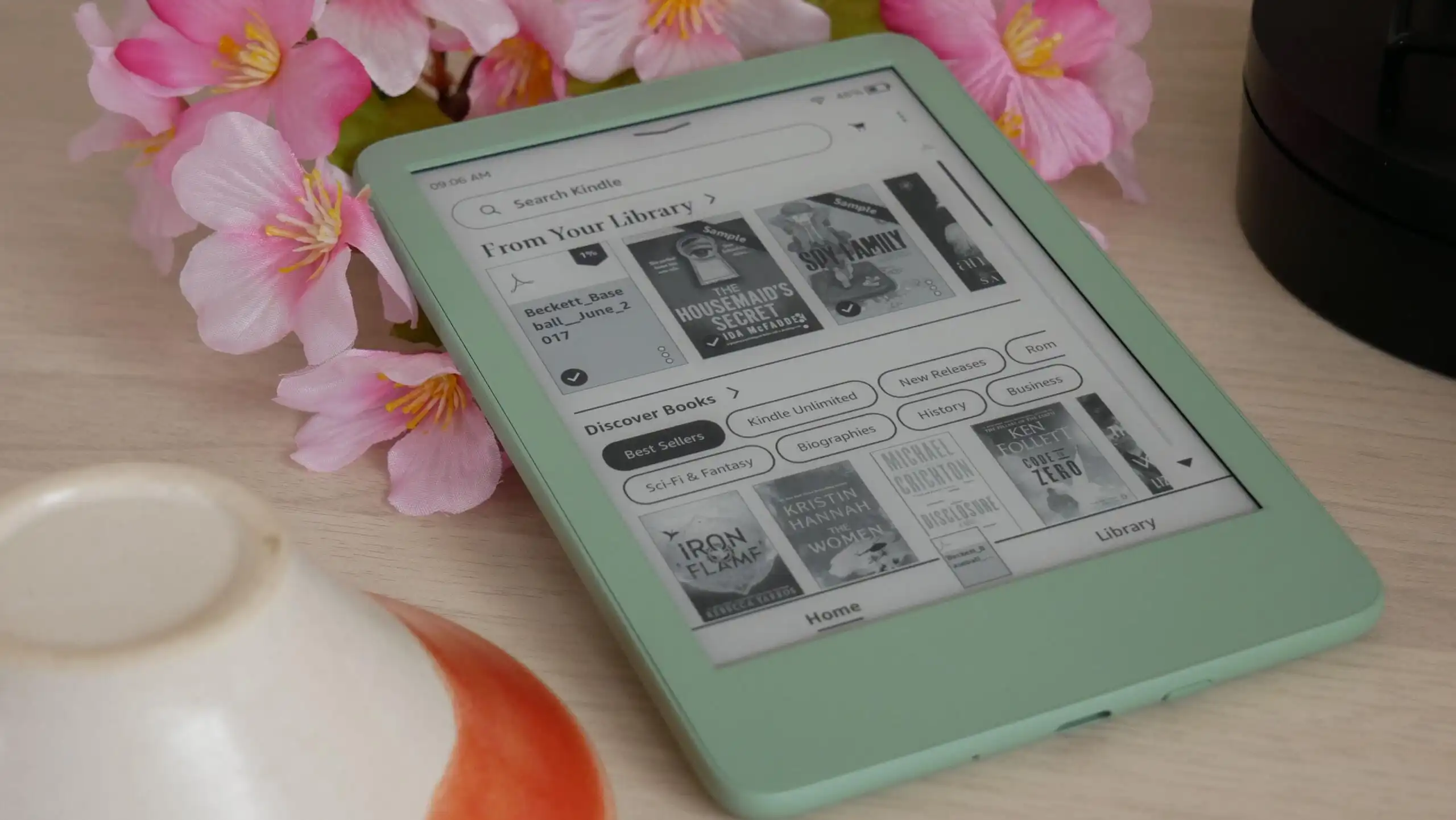New Kindle e-readers no longer appear on computers
New Kindle e-readers no longer appear on computers

New Kindle e-readers no longer appear on computers

New Kindle e-readers no longer appear on computers

New Kindle e-readers no longer appear on computers

And for me, I honestly don't care too much if Libby knows what I read. If I did care, I'd just get DRM-free books, either legally or not, and bypass the library entirely.
I do just that. You do you. Even though the topics aren't dangerous, I am still uncomfortable having them recorded tied to my passport.
I'm having trouble following. If you check a book out at the library, the library has a record that you checked it out, no? So the only real difference w/ you stripping the DRM is that they won't know how much of it you read (if that's even tracked) or if you read it at all. And I also highly doubt the DRM check shares any of your personal data (esp. if you live in the EU, as your instance would suggest), so the publisher would only know that this specific license is in-use, and the only way to connect that to you is by talking to the library.
Also, how is it tied to your passport? Mine is tied to my name and address, which my passport is also tied to, but the library system is local (US city and state) and therefore would require a fair amount of extra work to link (i.e. legal subpoena). So the only way the two would ever be connected is if I'm being investigated for a crime and they're looking for motive, which I'm sure they could come up with any number of ways. Granted, w/ the NSA revelations, the barrier for "legal subpoena" could be quite low and the lookup nearly instantaneous, but the only way they're looking at it is if I'm already suspected of a crime (otherwise, why bother?).
You do you of course, I just don't see how stripping DRM from a library book really protects you, the interesting data is already present just by checking the book out. You might as well just pirate from the internet directly and skip the library entirely...
Yeah, sorry for being confusing. The library having a record is indeed just an additional concern, personal main one is the reader's manufaturer getting telemetry, including on the DRMless books. I personally download my books from Libgen.
The passport mention is because here - at least as far as I remember - they do want your passport to sign you up for the library system. And I would just be surprised if this massive system isn't a part of the super-invasive surveillance apparatus, or at least isn't freely accessible to whoever wants it in the law enforcement (like most data out there).
they do want your passport to sign you up for the library system
Interesting. Here, a lot (most?) people don't have passports, so they don't even mention that as a valid form of ID to get a library card. All they want here is two proofs of address (utility bills work) so they know you live in the library's jurisdiction, and they don't record that anywhere AFAIK. In fact, if you have a library card from a different jurisdiction, you can generally continue using it, and if it expires, you generally just need to go in and ask them to renew (no proof of current residency needed in most libraries).
I guess libraries work a bit different here vs where you live.
By "passport" I meant "the universal ID everyone has", maybe it's named differently where you are.
Ah, we call that a "state ID." I can use it to travel between states in the US, but I can't use it to travel outside the country. Most people just have a driver's license, which is a state ID + driving endorsement. I didn't get a state ID until I got my driver's license, but I definitely had a library card before then (I think I used my school ID).
A passport, however, is issued by the federal government, is used almost exclusively for international travel, and must be renewed every 10 years (5 if you're under 18).
Even then, most libraries don't need a government issued ID, they just need picture ID and an address, and they don't record it anywhere, they just want to make sure you do, in fact, live in the city you're applying for a library card in (i.e. you didn't just steal someone else's mail).